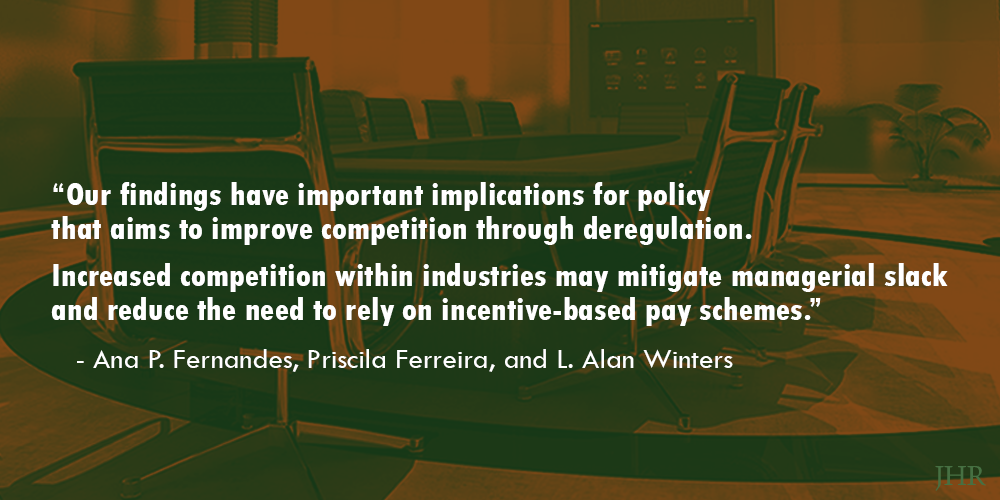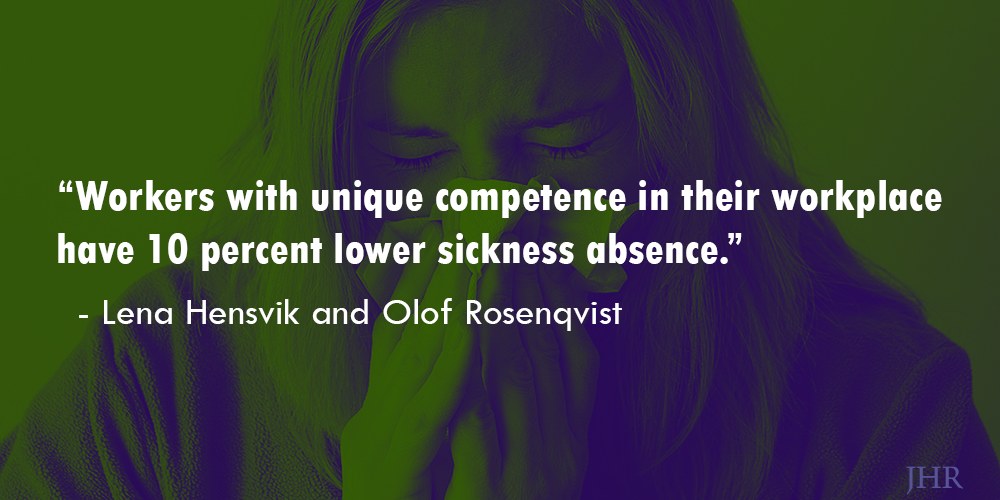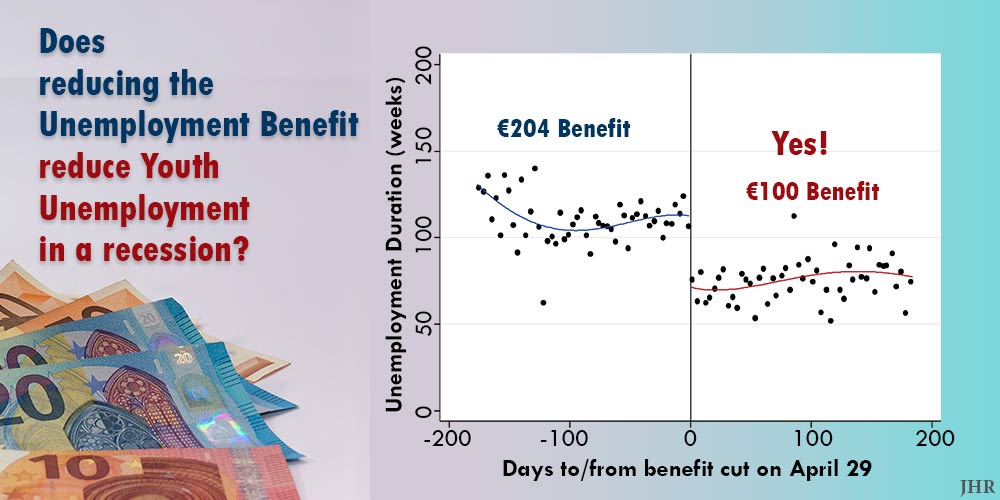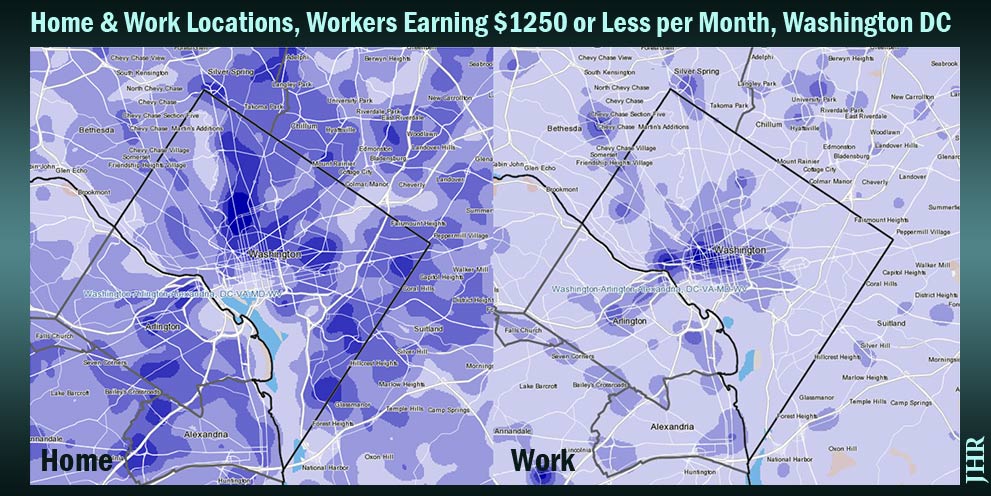Are Executives Earning It? How Product Market Competition Shapes Executives’ Pay
The pay of CEOs and other top executives has been the focus of academic and policy debates given its sharp increase in recent decades. A key question for many is whether executive pay is linked to the performance of the firms they manage. In a new paper, Ana P. Fernandes (University of Exeter), Priscila Ferreira (University of Minho), and L. Alan Winters (University of Sussex) explore how performance-related pay is affected by the level of competition in the markets that firms sell in.
The introduction of Portugal’s “On the Spot Firm” program, which made it much easier and cheaper for new firms to enter the market, allowed the researchers to set up a clean and direct test of this possibility. “We exploited the fact that the program was introduced at different times in different municipalities to identify a firm causal link between competition and performance-related pay of executives,” says Fernandes.
Using a unique dataset that links individual employers and employees, they found that increased competition following the easing of firm entry raised top executives’ total pay but reduced its sensitivity to firm performance. This is consistent with theoretical results that show that a fall in entry costs weakens the pressure on firms to provide managerial incentives. The entry deregulation also increased performance-induced CEO turnover and firms’ probability of exit, both of which suggest that competition provides direct incentives for managerial effort.
What’s the implication of this work? According to Fernandes, “Our findings have important implications for policy that aims to improve competition through deregulation. Increased competition within industries may mitigate managerial slack and reduce the need to rely on incentive-based pay schemes.”
Read the full study in the Journal of Human Resources: “The Effect of Competition on Executive Compensation and Incentives: Evidence from a Quasi-natural Experiment,” by Ana P. Fernandes, Priscila Ferreira, and L. Alan Winters
***
Ana Fernandes is a senior lecturer in Economics at the University of Exeter. Priscila Ferreira is assistant professor of economics at the University of Minho and research fellow at NIMA. L. Alan Winters is a professor of economics at the University of Sussex and research fellow at CEPR, GDN, and IZA. The research was partially funded by Fundação para a Ciência e a Tecnologia.



